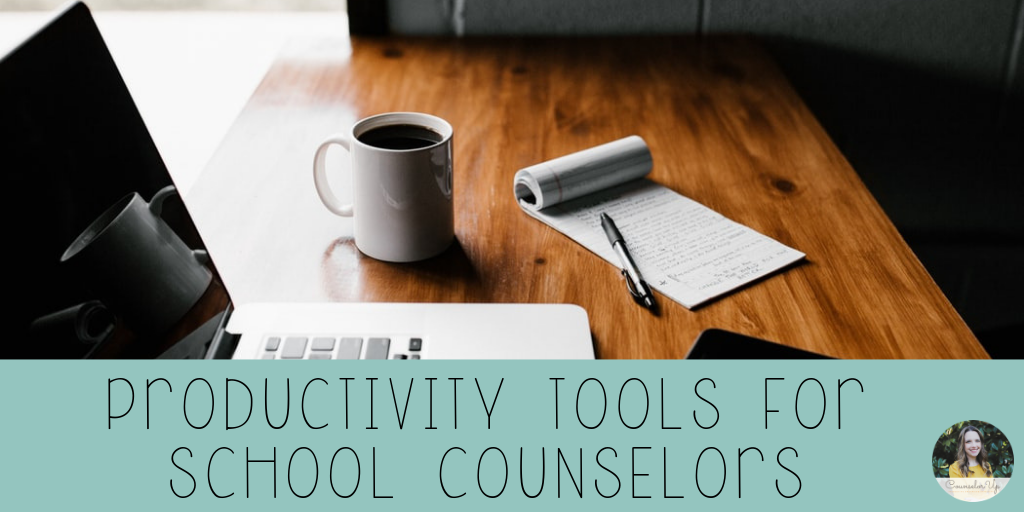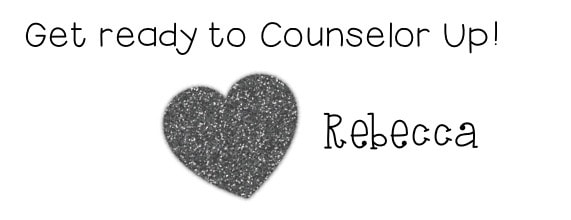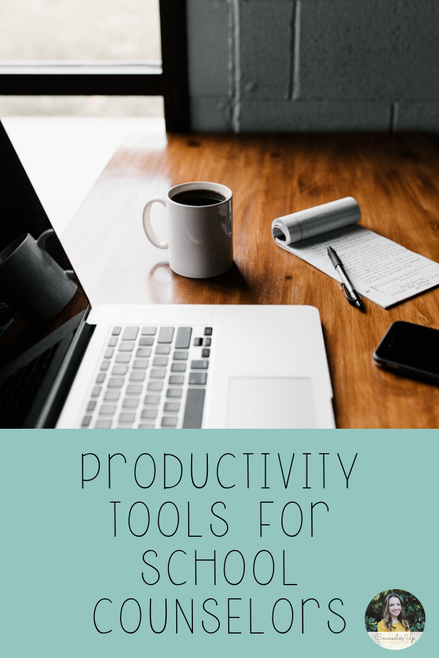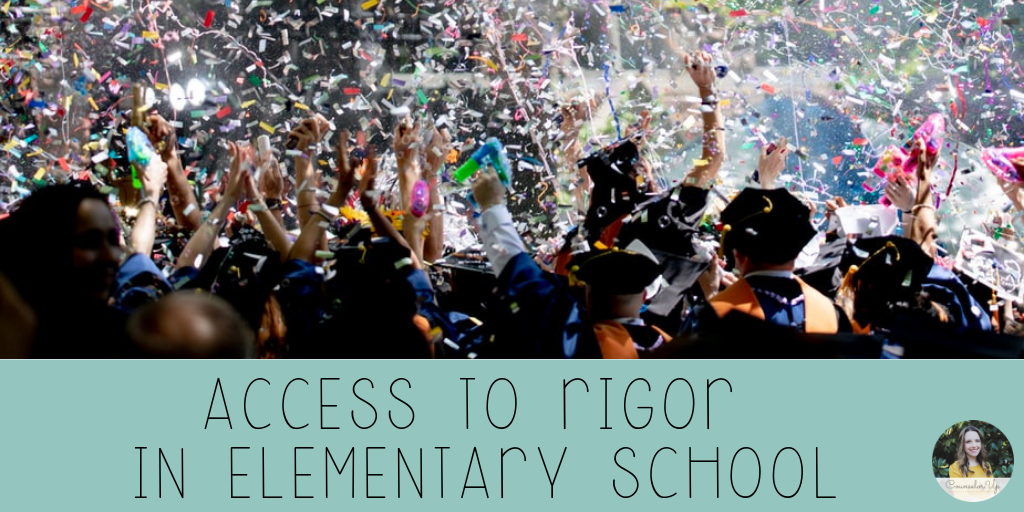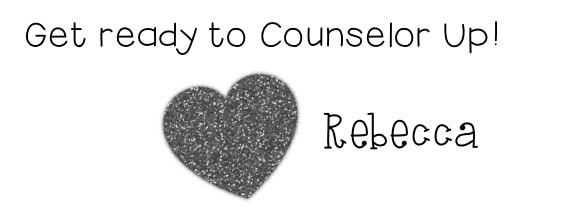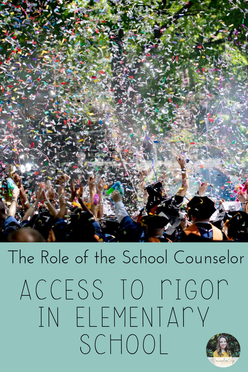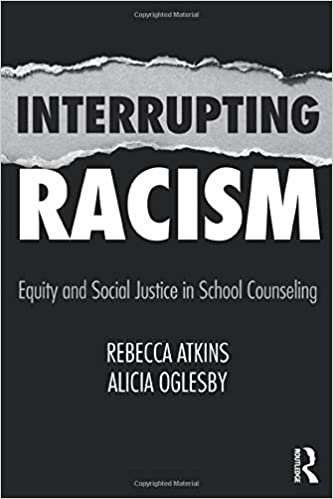Where to Be
What to Do
For my big plans for the year, I rely on the ASCA National Model. I created a digital organizer that helps you to create year-long planning documents that you can share with your stakeholders.
How to Remember
I’m also a paper/pencil person for note-taking. I find it much easier to remember something if I write it rather than type it (and research backs that up). In that case, I use a typical notebook. If it’s important enough, I can then take a photo with the evernote scanning app and add it into my evernote. Most of the time, I don’t find that I extensively look back at notes though so I’m not too careful about scanning and uploading.
I’ve recently scanned and stored most of my files and now only have a small desk-sized file drawer that’s not even full. When I was looking for something, I was much more likely to google it or look in my files than to pull out an old file folder that had who knows what in it. I haven’t missed a single thing but scanning can give you a sense of comfort knowing that you can always find it if you need it. You can see some of my filing strategies in this post about the end-of-the-year list.
And that’s it! You can make a system for where to be, what to do, and how to remember. You have to pick what works best for you! What are your productivity tips? Are you a paper or digital person?? I’d love to hear, let me know in the comments below!

